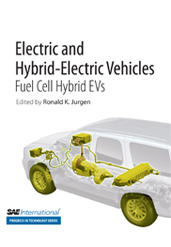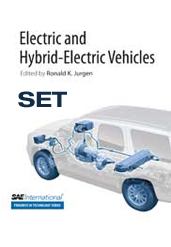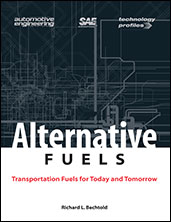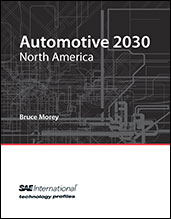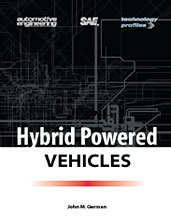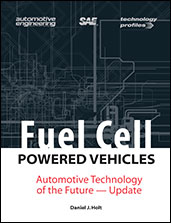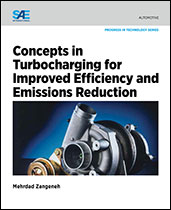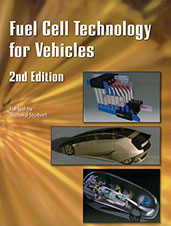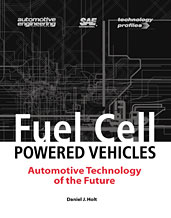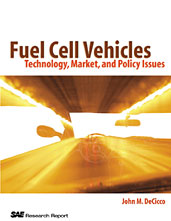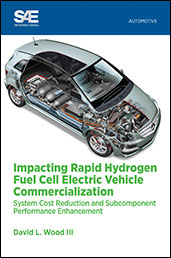Book
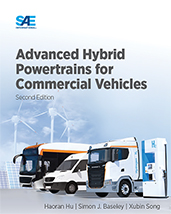
Advanced Hybrid Powertrains for Commercial Vehicles, 2E
2021-04-14
Powertrains for commercial vehicles have evolved since the late nineteenth-century invention of the ICE. In the revised second edition of Advanced Hybrid Powertrains for Commercial Vehicles, the authors explore commercial powertrains through history from the ICE through the introduction of the hybrid powertrain in commercial vehicles. Readers are given an understanding of the ICE as well as the classification of commercial vehicle hybrid powertrains, the variety of energy storage systems, fuel-cell hybrid powertrain systems, and commercial vehicle electrification. The authors review the legislation of vehicle emissions and the regulation necessary to promote the production of fuel-efficient vehicles.
